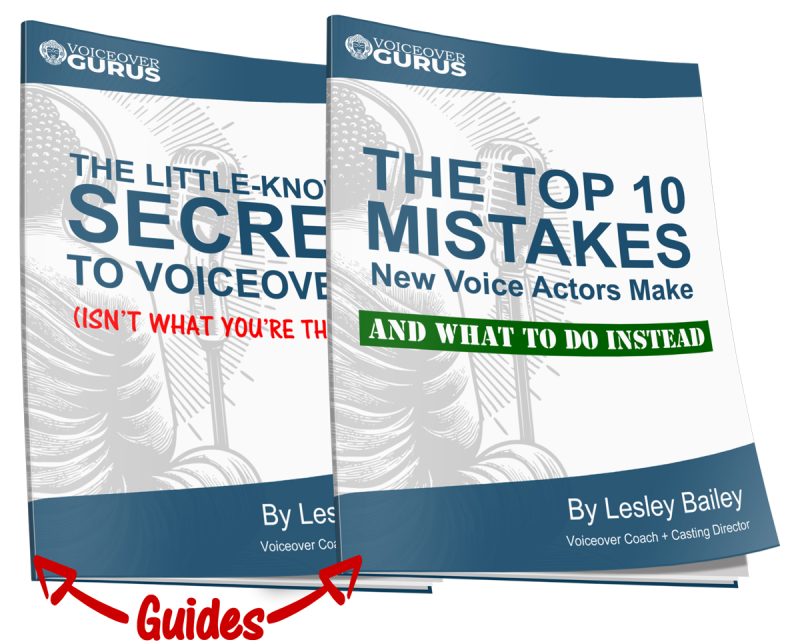How to break down commercial copy from start to finish:
- Read the script in your head several times as if you were reading any story. What’s it about? What type of style is it in? If you were describing a movie you saw to a friend, you might say it’s a romantic comedy, or a dark drama….try explaining the style of the script in those terms to yourself. If you can’t because the copy is loaded with facts and not much else, go to part 2 now. Wait, go to part 2 now anyway.
- When all you see in a script are a bunch of facts, first explain what those facts amount to in your own words. You’re essentially retelling the story your way to create a stronger sense of ownership and also authorship. You will start believing the story more this way because it’s being filtered through your lens. Next, if all you see are facts, ask yourself how you’d feel if you learned this information and it was relevant to you. Here is your potential authentic emotion underneath the facts. Cling to this as your read depends on this layer of depth. This feeling is how you bring facts to life for the listener. Your energy will be palpable only if you feel something for the message you’re delivery. Suspension of disbelief is crucial here.
- Look at punctuation. Are the sentences short and to the point – confident? Are they long and meandering – inquisitive, analytical, or chock full of important details? Are there words that speak to an attitude? Words like maybe, perhaps, sometimes, etc….speak to a softer approach. Words like definitely, must, and many action words speak to a more assertive tone.
- Pay attention to adjectives. Are they leading wordsthat get us to an even more important word? Are they defining the importance of this particular product? Know their level of contribution and emphasize them accordingly. Are they part of a list? Each one is equally important and should be treated with attention.
- Tonal changes: Is this a problem/solution script? Make sure your tone follows suit so we can almost understand the story just through the tone alone. Are you trying to inspire? Amuse? Empathize? Make it clear. This tone can change from sentence to sentence. Do not make the rookie mistake of a one-size-fits-all tone throughout the entire script. Sometimes we are empathizing with a friend who is going through a hard time and in the next breath we are cracking a joke in an attempt to provide a little levity. Tones change quickly so be on the lookout sentence by sentence for the mood to be different.
- Put a real face in front of you. Once you understand the story and the emotional way it’s being conveyed, you need a real person in your life to convey it to. Anything less is you talking into a microphone. Create a scene and believe it with all your heart. Come on, it’s just for 30 seconds! And it could pay off big time.


 Hi! I’m Lesley Bailey. I’m an award-winning Casting Director, Voiceover Coach, Demo Producer, and Consultant with over 30 years “in the trenches”. I love helping voice actors bring scripts to life with authenticity and confidence.
Hi! I’m Lesley Bailey. I’m an award-winning Casting Director, Voiceover Coach, Demo Producer, and Consultant with over 30 years “in the trenches”. I love helping voice actors bring scripts to life with authenticity and confidence.